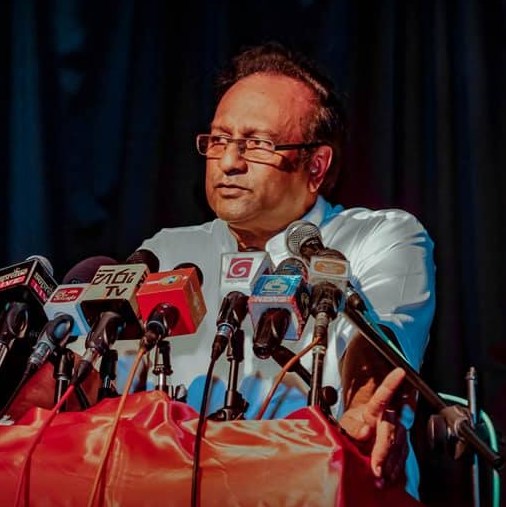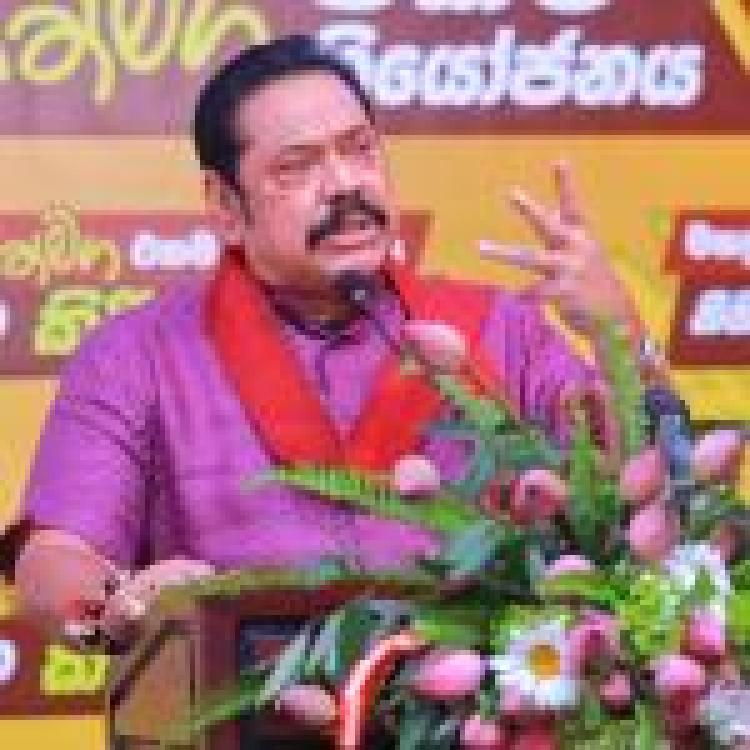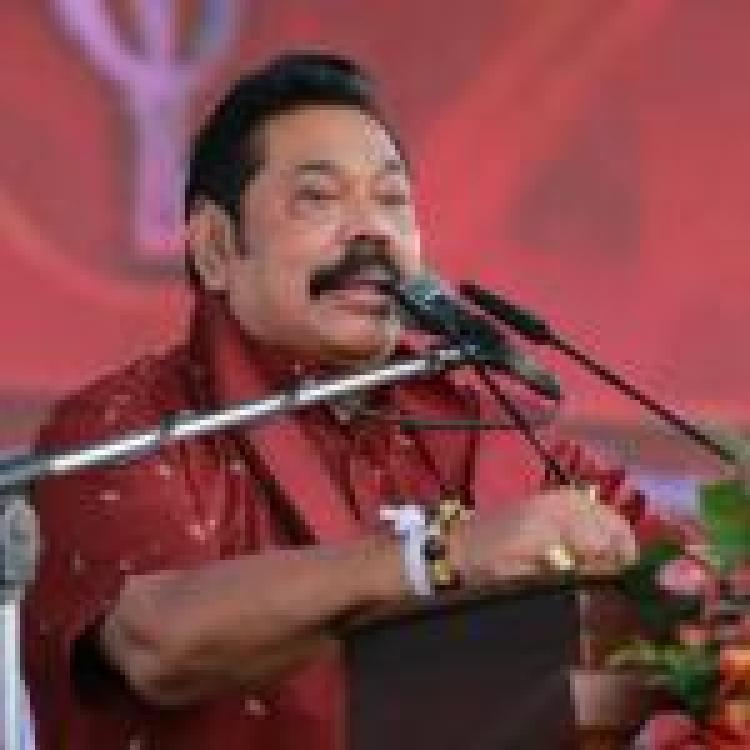
Sarath Weerasekara, a retired Rear Admiral for Sri Lanka’s Navy and Rajapaksa ally, has called for the abolition of the 19th amendment following a successful bid for the Colombo District during the parliamentary elections where he gained the highest preferential votes.
Weerasekara attacked the 19th amendment claiming that the commissions established under it “crippled the powers of public sector employees” and “curtailed the powers of the President”.
He further insisted on the importance of removing this amendment stating:
“It is absolutely necessary to abolish this amendment. I anticipate the Cabinet, which will be appointed soon, to take this matter into consideration on priority".
Prior to the implementation of the 19th Amendment, the President appointed individuals directly to senior ministry positions, however, the amendment shifted responsibilities allowing the Constitutional Council to perform this function.
During the election campaign, Mahinda Rajapaksa rallied against the amendment claiming that it was imposed to take personal revenge upon his family.
The 19th Amendment
The 19th amendment was passed on 28 April 2015 with 215 out of 225 members voting in favour of the amendment. The amendment sought to weaken the power of the presidency which the 18th amendment, passed in September 2010, had greatly expanded.
The 18th amendment was a controversial bill that leads political commentators such as Gulbin Sultana from India’s Institute for Defence Studies and Analyses to decry the decision as a move towards “nepotism and dictatorship which will certainly have disastrous consequences”.
Sultana notes that the 18th amendment allowed four basic changes:
- The President can seek re-election any number of times;
- The ten-member Constitutional Council has been replaced with a five-member Parliamentary Council;
- Independent commissions are brought under the authority of the President; and,
- It enables the President to attend Parliament once in three months and entitles him to all the privileges, immunities, and powers of a Member of Parliament other than the entitlement to vote.
The 19th amendment counterbalanced many of these decisions and restored components of the 17th amendment. Most notably, the 19th amendment caps the presidency at two terms and disallows dissolution of Parliament by the President before four-and-a-half years of its term.
Attacks on civil society
Several human rights organisations have raised concerns over Sri Lanka’s drift towards authoritarianism with the centralisation of power into the Presidency. Human rights organisations further warn of attacks on civil society actors, journalists, and lawyers.
In the past Weerasekara has stated that NGOs and civil society activists who slander the government should be charged with treason and sentenced to death.
“If we come to power these traitors should be charged with treason. That is what I would advise the government that comes to power next time. These people are traitors letting down the entire country and the armed forces.”
The Rear Admiral further said:
“I cannot send anyone to gallows, but I have a list of names. When the next government comes to power, we will file cases against them for treason. If the charges are proved beyond reasonable doubt, the punishment would be death. We don't need a military government to do that.”
Read more from the Daily Mirror



